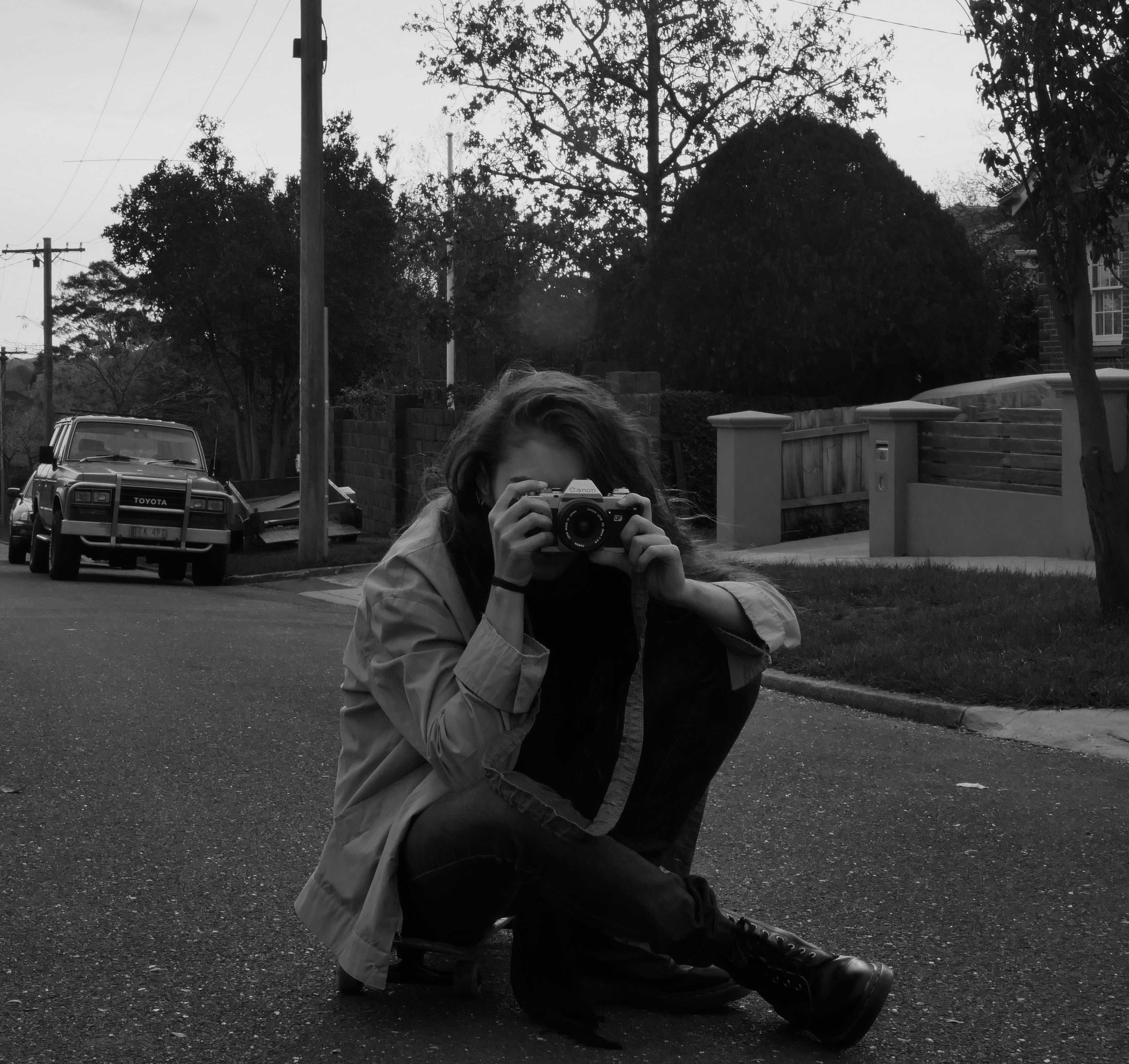SEEING THE UNSEEN ‘Q1’ (W5 MEDIA 4)
Q1: When you walk in to a room do you react to what you hear first or what you see first or a compilation of both, which sense is more prominent and why?

Recipe: To ask students what they notice first when it comes to their senses, is it different to myself and if so why? Does the environment and stimulus make a major impact on what our senses detect or do we have dominant innate senses.
Ingredients: Two Students, Laptop for note taking, camera for documenting and recording data.
Method:
- Ask two student volunteers to enter a classroom space, after entering ask them what they noticed first and why. Also ask which of their senses were stimulated first (visual, auditory, touch e.g.).
- For the second part of the experiment; (to create a different and more diverse environment for the experiment) take the two students to an outdoor space. After a couple of minutes ask them the same questions and observe if they noticed with the same senses first or a different sense.
Results & Question Review: The results were as followed;
Student 1 (Classroom): “The first thing that I noticed was the space of the room; it was quite minimalistic so the visuals stood out instantly. Chairs, Tables, and television screens were my first thoughts, also how the renovations have yet to add character to the space.”
(Outside): “Traffic was definitely the first thing for outside, the tramlines being as loud as they are were quite distracting from hearing anything else, for outside i’d say it was a larger mixture of the senses compared to the classroom.”
Student 2 (Classroom): “The brightness of the lights and the chairs and tables were the first things I noticed, there isn’t much else so they stand out and the lighting is very bright for the rest of the dark spaces outside”
(Outside): “People and traffic; I think there is much more stimulus outside so it’s harder to cut it down to a single sense compared to the more still classroom.”
The findings from this experiment were as expected, individuals mainly focused in on the dominant aspects of noticing, their senses were only really aware of the things that were placed in front of them and directly impacted them.
Taking from this, for my second experiment I want to focus on in-depth awareness and seeing if technology alters the way we perceive as well as how it plays in the way we notice our environment.
“What do I notice when I am intentionally recording and what do I notice when I am not, does technology make a difference in the way I record data?”
To complete this question I will individually take on the task and place myself into two separate locations that have different types of stimulus. I will record the data using film to pre-plan for project four and help practice my skills of recording findings.
I am taking inspiration from John Masons, Forms of Noticing piece in which he sees“noticing as an intentional stance”, I’ll be doing this to help understand how to better control our senses on noticing.
Ultimately I believe my final goal will be to compare sensory overloading to controlled (through practices like meditation) sensory input.
